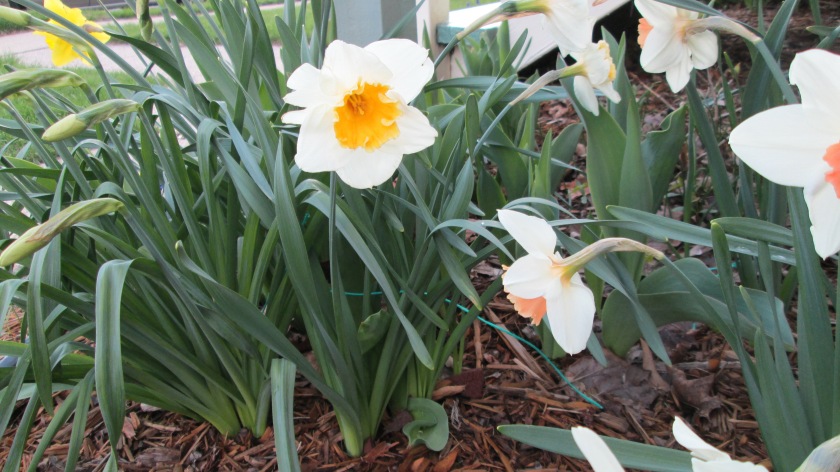For an inspiring source of information on efforts to feed the world check out the University of Minnesota-Twin Cities website.
In these dark days of midwest winter, when the cold earth seems barren of life, this series of articles and videos on kernza, a new higher protein wheat, that will stay in production for five years, reducing the need for tilling the soil is truly inspiring. As is the feature on the graduate student, Caroline Jones, who is going into accounting to help reduce poverty by working in non-profits dedicated to this mission.

I enjoyed the wonderful feature on professor James Bradeen, who is researching ways to reduce chemical use in food production. The post features a great series of info graphics and brief videos highlighting the importance of the potato in food security. Did you know the potato has over 39,000 genes and that over 1 million people died during the potato famine?
I really love how the University of Minnesota web and news team integrated these inspiring and informational stories in a thematic way.
As an educator concerned with helping students think of non-traditional careers (plant research is non-traditional in suburban Detroit, as is accounting for non-profits!!), I really love how the team wove the personalities into the science.
I think educators who are interested in helping students find ways to solve-pressing real world problems would find this series of features from the University of Minnesota to be a great resource.
Questions for Discussion
- Why is food security such an important issue?
- How many potato genes are involved in detecting pathogens?
- Why is reducing chemical use in food production important?
- What are the benefits of kernza? Can you think of any negative consequences?
- Why is the potato such an important element of food security?
- How has genetic research changed in the past ten years? How has this change been helpful?
- Where did Caroline Jones work as a field accountant? What does she see is her true passion?
- What other crops do you think are essential to food security?
- What crops are important in your state?
- Why is an interdisciplinary approach essential to solving the issue of food insecurity and hunger?
- What else does this inspire you to “dream, learn, and do?”
